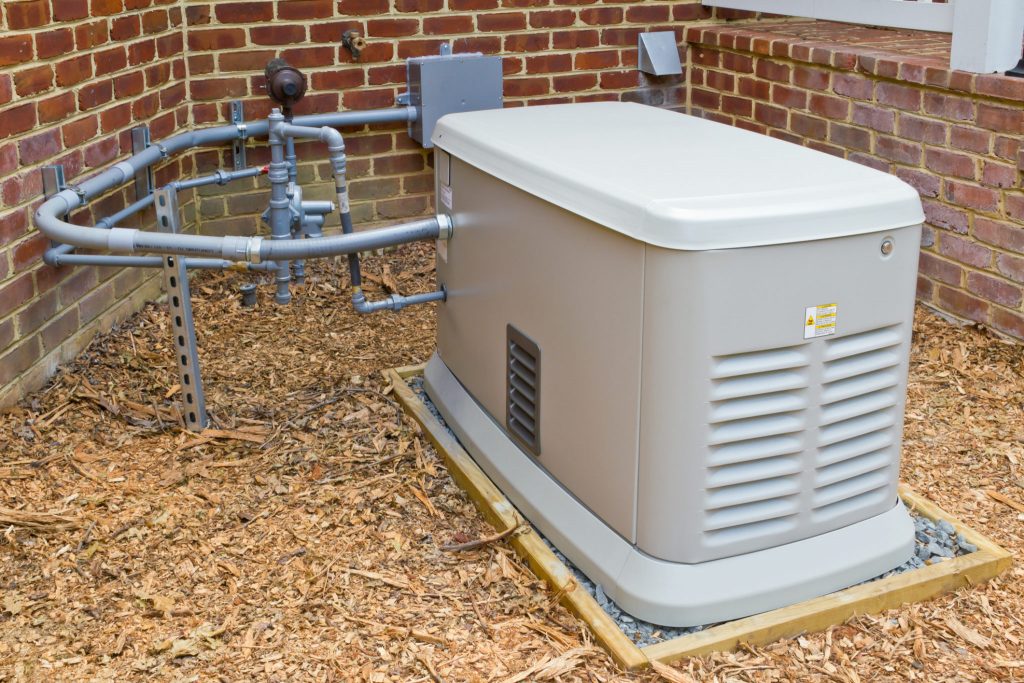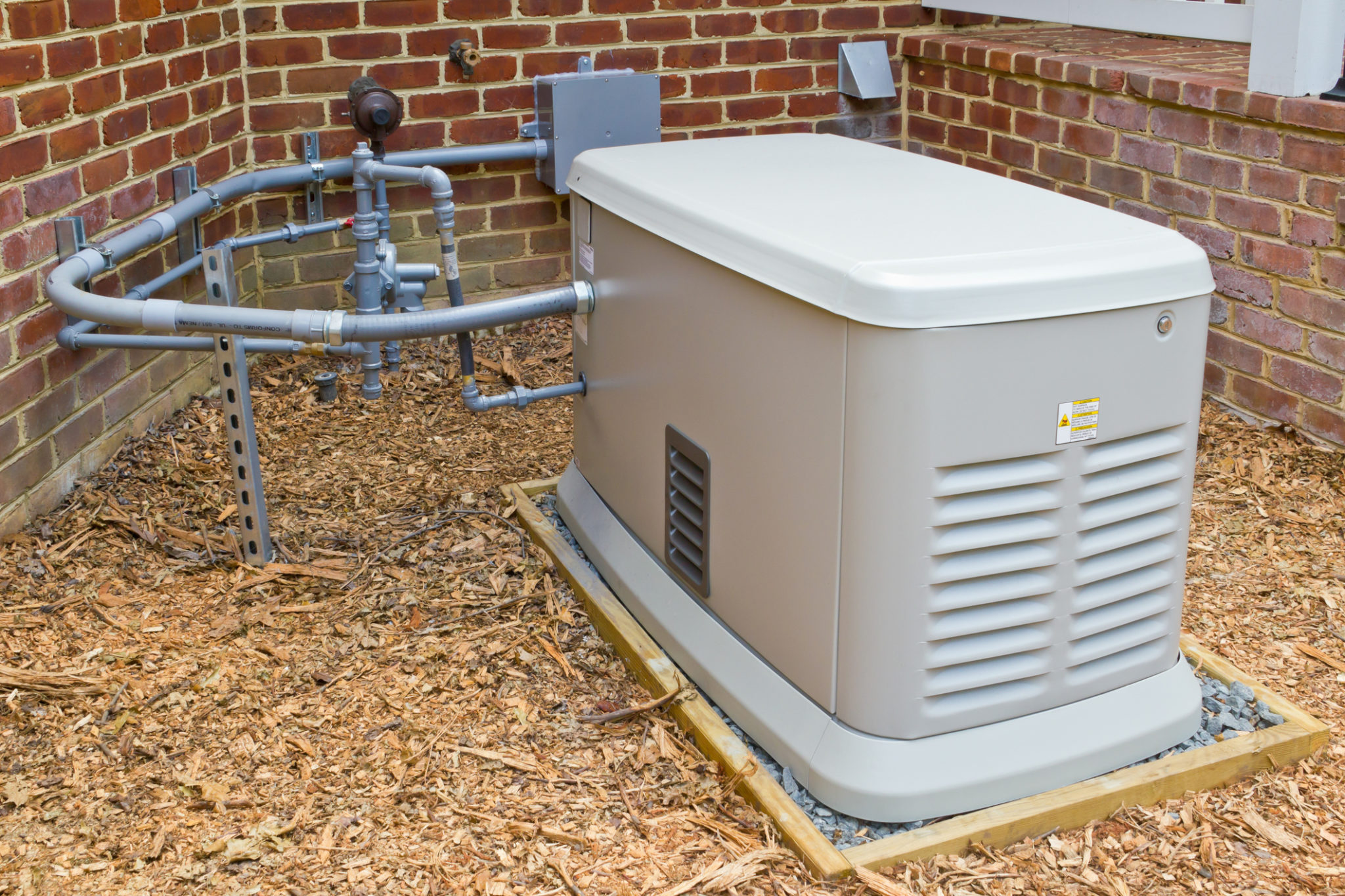Since generators are undoubtedly noisy, having a quiet propane generator in your yard is a relief. This will save you from violating local noise laws and keep up the good faith with neighbors. Generators are very often disregarded as a suitable option for power backup due to the loudness. However, quiet generators are growing in popularity and becoming the choice of many people. But are they as quiet as they get credit for? Let’s look into this fact to find everything in detail.
Are Propane Generators Quieter Than Gas?
Propane generators are typically quieter than gas generators and other diesel-powered generators. Since all generators make noise, this cannot be overcome completely. The noise level of a propane generator ranges from 45 to 80 decibels, while that of a gas generator is from 68 to 100 decibels. This may vary depending on the size of the generator.
How is Generator Noise Measured?
Sound is measured in decibels, which have a logarithmic scale. This implies that the sound we hear at 10dB is ten times louder than the total silence at 0dB. Similarly, the sound at 20dB is actually 100 times louder than 0dB and the scale continues. A usual vacuum cleaner would have a noise level of 70 dB while a lawnmower would be of 90dB.
When considering the noise levels of generators, the noise level differs with the fuel and the interior mechanisms involved. A 7kW propane generator would have a noise level of 68dB at a distance of 23 feet. The noise level of a 6.5kW gasoline generator would be 77dB under the same conditions. The difference of 9 dB implies that the gasoline generator is almost ten times louder than the propane generator. The noise level of a generator depends on the make, model, age, and manufacturer. Usually, the manufacturers print the noise level of the generator on the manual and packaging.

What is the Quietest Propane Generator?
The quietest generator available is not powered by propane. Surprisingly, it is a gasoline generator, namely Honda EU1000i, which is a part of Honda’s Super Quiet series. This generator has special sound dampening materials which help in noise reduction. But the downside of this is that the power output is limited to 1000W, which can only be used to power small household electrical appliances. The next quietest generator is model EU3000iS which can output up to 3000W. It can be used to power up a refrigerator and AC units.
Tips to Reduce Generator Noise
Having a quiet generator is an advantage, especially if you are having a close neighborhood. However, if your generator is not quiet as you expect it to be, you can always try some things to make it quieter for less disturbance. The following are some of these factors that could help bring down the noise level of your generator by a few decibels.
Get the right generator
If you haven’t bought a generator yet, you still have the chance to go for the quietest propane generator. The propane generators with inverter technology are the quietest type. Although this can be quite expensive, you will not regret it as you see how low the sound emission is. This will be the best option if you are looking for a quiet propane generator for RV or camping.
Select the right wattage
The noise level of a generator increases with the wattage of power generated by it. Therefore, purchasing a generator with the amount of wattage you need for your house or RV is important. If not, you will be both wasting money and getting a higher noise level for additional power generation that you don’t need.
Move far away
You can minimize the effect of sound on your living space by setting up the generator further away from the building or camping site. The standard is to place a generator at least 23 feet away from doors and windows to avoid any possibilities of carbon monoxide poisoning to the residents. Keeping your generator even far would help in reducing the noise levels even more. If you are having trouble creating a suitable shed for your generator in adverse weather, here is some important information on how to protect your generator from rain.
Point the exhaust pipes away
Pointing the exhaust pipes away from your building helps in reducing the noise levels significantly. This is because the excessive sound created by the generator’s engines is emitted through the exhausts. This will help to keep your propane generators quieter on your premises.
Rubber base
Since a generator has an engine that vibrates when running, the sound levels differ with the type of floor. Therefore, having a rubber base or a thick rubber carpet would absorb the vibration and decrease the sound level noticeably. Tightening the bolts and screws on the frame will also help reduce rattling noises to make your propane generators quieter. You can also purchase a larger muffler from the market for your generator with proper consultation with the user manual and under professional guidance.

Frequently Asked Questions

Is a propane generator better than gas?
A propane generator could be better than a gas generator in terms of the noise level. However, this may differ when considering other aspects that affect selecting the best option. If you are not sure about which to purchase, read on to find out Propane VS Gas Generator – Which Suits You Better?
How long does a 20lb propane tank last on a generator?
A 20lb propane tank will run a generator for around 5 – 9 hours. This may vary depending on the load, operating times, and other conditions. Read more about this here: How long will a generator run on propane?
Are propane generators more efficient?
Propane generators are considered to be more efficient as propane is cleaner than gasoline. It also emits lower amounts of toxic gases, and the fume is almost odorless.
How long do propane generators last?
Propane generators can last over 10 years under optimal conditions with regular maintenance. This can be even more with proper care to the detailed structures of the machinery. However, there could be disturbing electromagnetic pulses that may disrupt the function of a generator. Learn more on EMP-proof Generators to find out how you can protect your generator from such threats.
Conclusion
Generators are used mainly as an alternative power source when the grid power goes down. Sometimes generators are also used for electricity generation for camping and construction sites. Regardless of the location, having a quieter generator is the expectation of everyone. Hence, this must have been useful in finding a quiet propane generator for your requirement.
